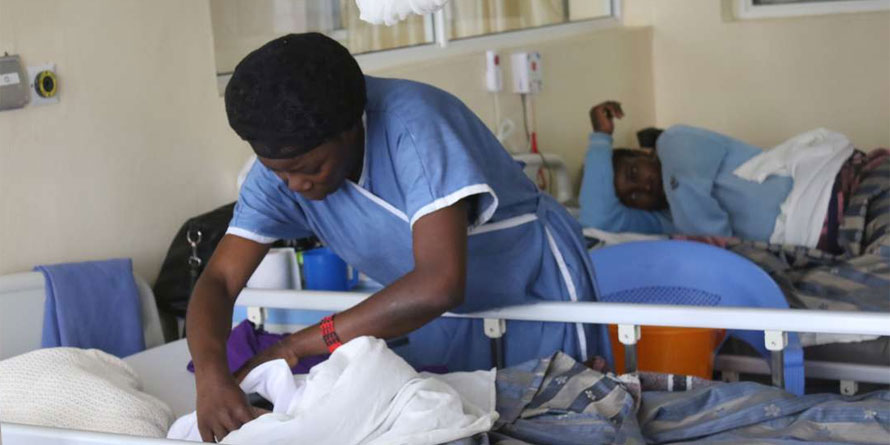Measuring the long-term implications of a successful impact investment is hard enough. Measuring the social impact of a failure is even more complex.
The challenge is even greater when the investment has been touted as a model and a catalyst for the much larger mobilization of capital required to drive systemic change.
The latest Returns on Investment podcast takes up the case of the $1 billion Abraaj Growth Markets Health Fund and impact investing failures more broadly. The health fund, which was pursuing an ambitious effort to build comprehensive healthcare networks in the megacities of the 21st century – think Lagos and Karachi and Mumbai – is now embroiled in the larger scandal that has engulfed Abraaj Group.
“We feel a special obligation to get all over this because we were, I wouldn’t say ‘taken in,’ but you could say ‘taken in,’ by the Abraaj story,” I say in queuing up the roundtable discussion. The Bill & Melinda Gates Foundation made a $100 million program-related investment in the fund and helped bring in other investors. Now, I argued, “The champions of that investment have to say, ‘This is how were going to safeguard that mission, and double-down on that mission.’”
How to keep Abraaj Group’s meltdown from dragging down ‘SDG investing’ as well
Recent reports suggest that a half-dozen investment firms are vying to take over the fund, some of them as part of a larger bid for other Abraaj assets as well. Among the named firms are Colony Capital and Cerberus Capital Management, along with TPG Growth’s Rise Fund. Since that report, Colony’s bid for other Abraaj assets has been rejected.
“The big concern for investors is that impact doesn’t perform,” said roundtable regular Imogen Rose-Smith, an investment fellow with the University of California. “Then you have a case like Abraaj where there’s a massive scandal. That gives an excuse for people not to invest.”
A spokeswoman for the Gates Foundation declined to comment. Representatives of Abraaj Group did not respond to requests for comment.
Indeed, impact investors tend not to like to dwell on failures. “So much of the conversation is frankly boosterism,” Rose-Smith said. “People get distracted by the mission and feel-good factor and don’t look under the hood.”
What we know about Abraaj’s $1B health fund — and the mystery of the firm’s finances
Rose-Smith compared the Abraaj scandal to an earlier blow-up that rocked the impact investing world in a different way: the 2010 initial public offering of SKS Microfinance. The successful offering in some ways validated microfinance as an investable asset class, but also helped spark a backlash after the suicides of hundreds of SKS clients was linked to the firm’s aggressive collection practices.
As it happens, the former CEO of SKS, Vikram Akula, has written an insider tell-all book about the pressures on the company. However, a dispute over Akula’s non-disclosure agreement has caused the book to be pulled from publication. A few copies are still circulating, and Rose-Smith got her hands on one.
The SKS brouhaha was arguably about the tension between pursuit of social mission and pursuit of maximum profits. Abraaj appears to be a much more bread-and-butter accounting scandal, she said.
“I would make the case that impact investing needs failure, because it needs to grow up and it needs to be more robust in its diligence and its rigor,” Rose-Smith said. “But when you’re talking about providing capital to, or investing in, poor and at-risk communities, they are much less able to withstand failure.”
(Disclosure: ImpactAlpha worked with the Gates Foundation to produce a 2016 special report, Making Markets Work for the Poor, that profiled a number of the foundation’s “program-related investments.” The Gates Foundation paid ImpactAlpha to produce the report, and the Stanford Social Innovation Review to publish it. The project included a non-disclosure agreement that requires approval to share confidential information.)











